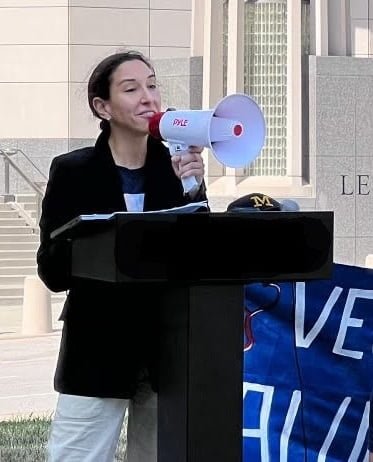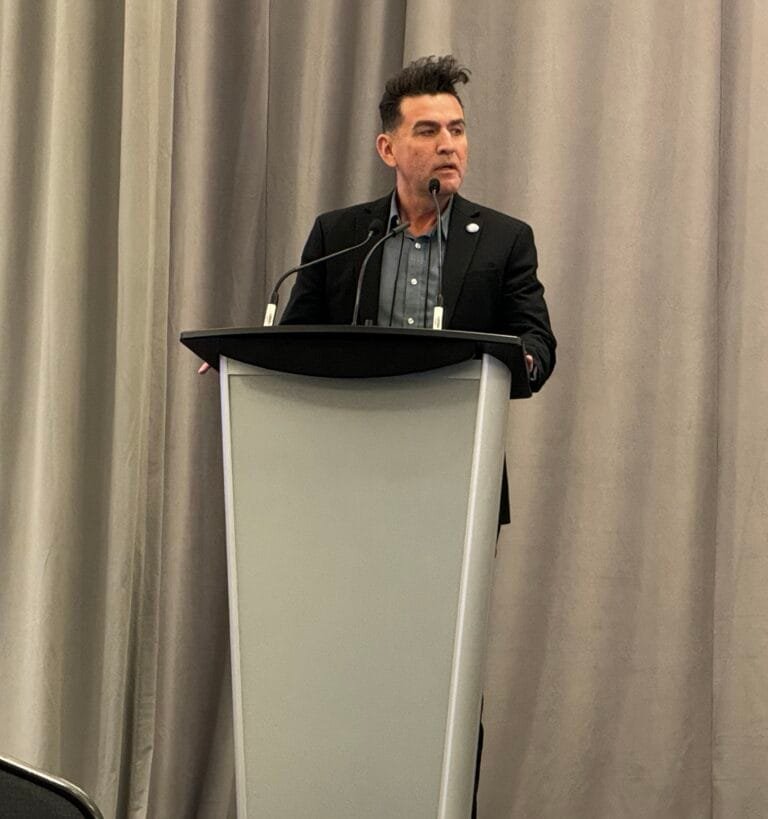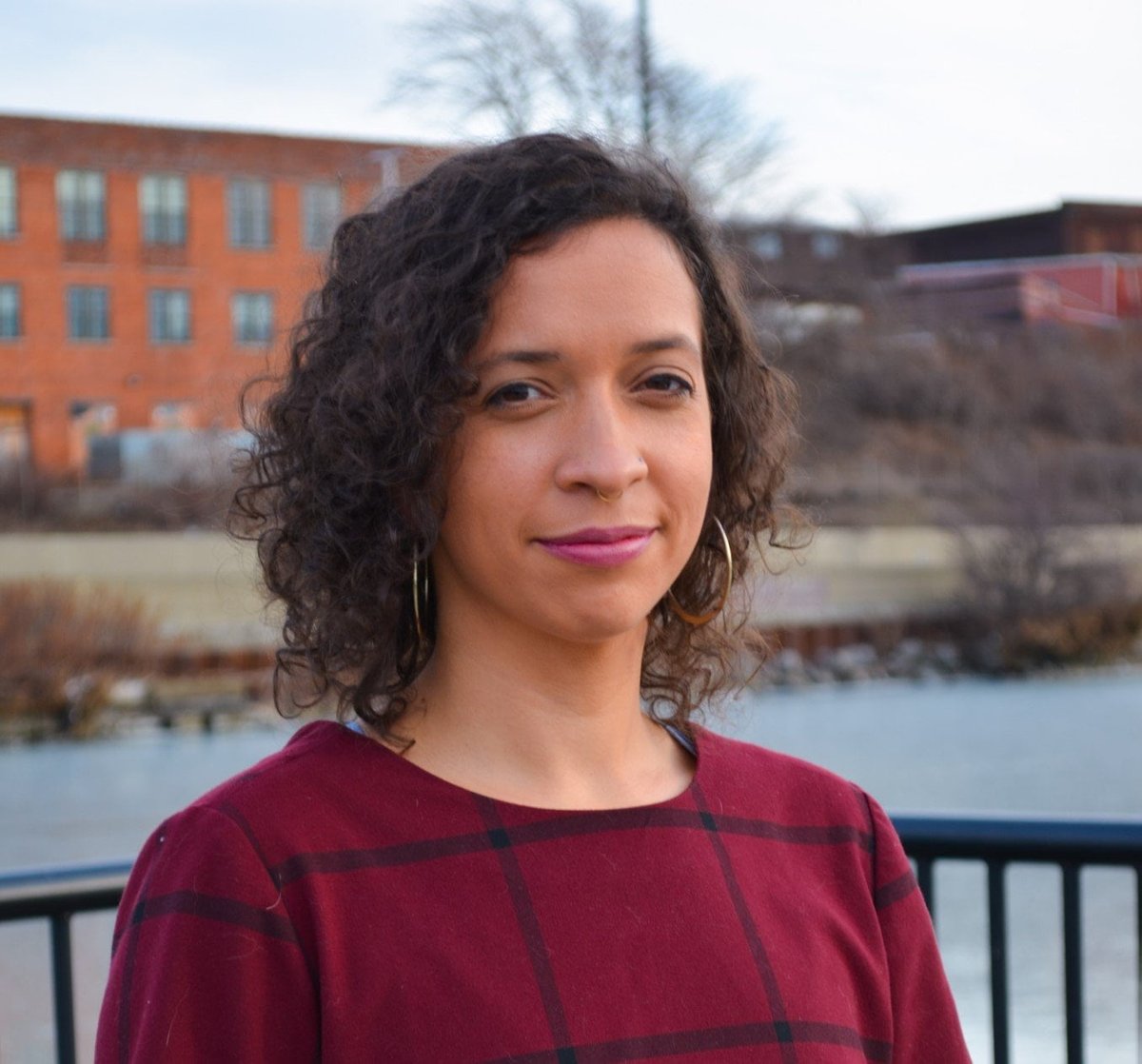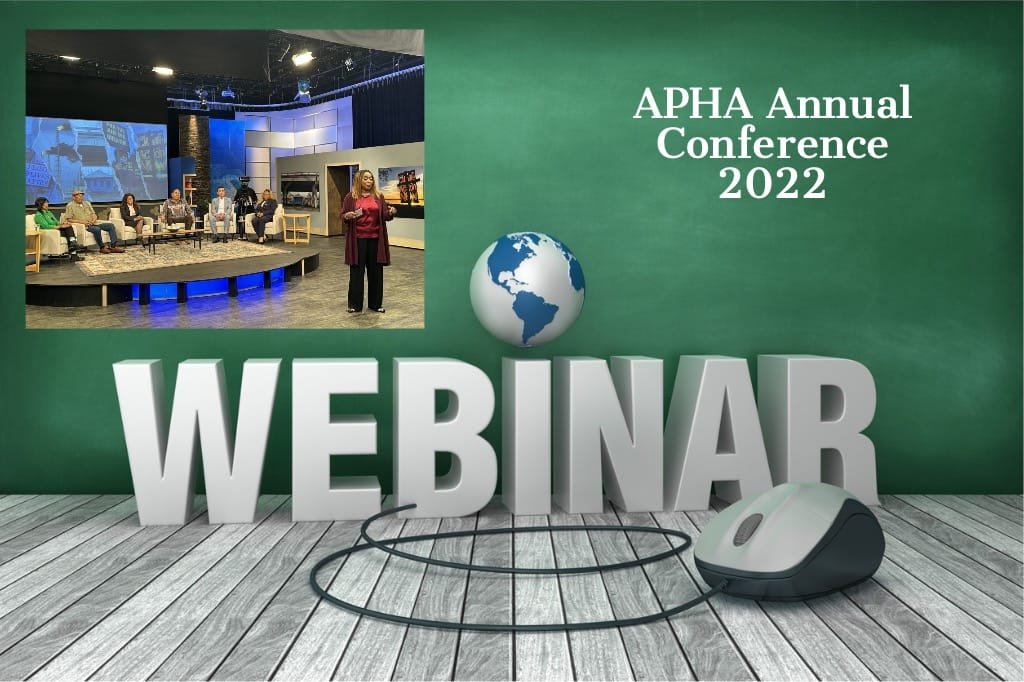OUR STORY
Our co-founders trajectories, one as an EJ leader and the other as a public health expert, merged to bring about SciCAN. They connected over the years with our managing director, and she joined their team.
Here are their stories (see here for their bios/CV’s):

ELIZABETH:
As a public-healther and physician who also has supported activist movements over the past several decades, I have often felt a disconnect between the two worlds. In academic spaces, I would often hear that science has to stand alone and cannot be compromised by politics or feeling. In certain activist circles, I would hear that scientists are unhelpful, arrogant, and self-serving. I realized then the need for a network to share resources and grow partnerships, specifically for EJ activists. And, to be driven by and have credibility with impacted communities, we needed EJ leadership.
Read More
Living in Kalamazoo, MI in 2010 during a very large tar sands inland oil spill, I learned how to and the importance of becoming a trusted community member and academic in service of community priorities. There was also an ask for some health research, so I organized, wrote op-eds, and hosted the Occupy (Wall Street) annual conference guests in my home. I facilitated the exchange of information and was able to bring local priorities to the attention of my academic peers and mentors, but finding a trusted academic who also conducted research specifically requested by the community, who understood the science behind the research was surprisingly challenging. Within months, a similar oil spill happened a few states away. The communities were surprisingly similar: rural, low socioeconomic status, and understandably angry. It took a long time for the two communities to communicate, to exchange stories, and resources. Thus, the inception of what has become SciCAN – a creation to breakdown barriers so we can work together to achieve positive societal change.
I have a background in ecology and environment. My heart of heart’s work is probably rooted in the notion that we are not separate from our environment or ecosystems– but an integral part – both affected by and affecting the systems in which we live. In my Master’s training for Public Health, my degree was in epidemiology and again my focus, my recurring theme was in the environment. Then I completed programs in preventive medicine and occupational and environmental medicine, and did a fellowship in reproductive and pediatric environmental health. I now work as the medical director of an environmental health program at an academic institution and children’s hospital and I am a co-PI of one of ten Pediatric Environmental Health Specialty Units in the nation. With my academic time, I am working with several community groups to develop community driven environmental health research and/or interventions to address concerning environmental health exposures. The effects of our poor decisions are preventable – we must do better. We have the tools and knowledge to make these changes – we just have to hold on to the momentum.
Prior to my medical training, I did health education and outreach work with sex workers in D.C., and throughout my trainings, I have provided several smaller services along the way. The largest service I am probably most proud of was organizing the Medic and Healer recruitment and screening process for Standing Rock and spending some weeks providing clinical support at the site itself. Since that time I have worked on building relationships with local and national organizers and identifying like minded individuals from across the field – from those with lived experience and frontline expertise, to those who are willing to give their time to support the movement, to those who have both types of experiences.

BETO:
The motivation for creating Science and Community Action Network is to disrupt the traditional extractive practices of academia, institutions, organizations, and policy organizations. I know first hand the injustice and the harm academia and government perpetuate through their policies or practices.
The environmental justice movement holds all the expertise and knowledge because of lived experience – it is the community research and advocacy that spurs legislation or policy creation. Many grassroots organizations are leading these policy and systems shifts, and flipping the script.
Read More
At many environmental justice convenings year after year, the absence of community research to document and publish our own reports, with our own data, was missing. Additionally, the need to share resources that are produced with grassroots knowledge and designed and guided by community was identified as a barrier. Work is replicated by advocates across the US, who often face similar challenges, and a platform for sharing their experiences would be beneficial. Most importantly, forming SciCAN became a priority, especially as we continue to see the extractive economies and academic economies fueled by special interest groups continuing to harm and perpetuate environmental racism in the guise of equity, and do-it-yourself DEI.
The involvement of academics and issue area experts interested in ensuring their professional pathway is meaningful, whether by research, education, or technical service, provides additional benefits. In this multidisciplinary organization, with frontline-community knowledge and expertise integrated into scientific practice, we contribute to policy shifts that prioritize overburdened communities. The community’s own evidence-based research is effective and a recognized practice that will shift us towards a regenerative economy advancing environmental justice. In addition, our Community Platform serves as a place for the movement and its allies to share, access, and discuss dashboards, community owned research data, community authored reports, useful publications, and other tools. While many academics have tried to create similar resource sharing, the absence of community knowledge and ownership continues to be held in an extractive manner.
SciCAN has been a grassroots labor of love, which was informed, designed and supported for its creation and development, by and for the environmental justice grassroots leaders across the country.
Combining our expertise and connections – among academics, policy experts, and EJ grassroots – our organization builds power by bringing together these these communities, calling out the harms that are often perpetuated in the name of egos and funding, uplifting the knowledge and expertise of grassroots, and supporting the movement of power and resources to achieve environmental justice.







TIMELINE

We were just beginning to develop the idea for SciCAN.

The SciCAN platform was being designed by the initial core working team.

The SciCAN platform, which is now called The Community’s Platform, was officially launched.

Our team facilitated and managed our inaugural webinars and attended various scientific/health conferences.

We received our inaugural capacity building grant from the Building Equity and Alignment for Environmental Justice (BEA).
